When maintaining or operating a PJ dump trailer, one of the critical components to its functionality is the hydraulic system, which relies heavily on the right type of hydraulic fluid. This guide will delve into the specifics of hydraulic fluids suitable for PJ dump trailers, addressing various factors that affect performance, safety, and longevity.
Understanding Hydraulic Systems in Dump Trailers
Hydraulic systems work on principles of hydraulics, relying on fluid pressure to perform various functions such as lifting, tilting, and dumping loads. In the case of a PJ dump trailer, the hydraulic fluid transfers power from the pump to hydraulic cylinders, enabling the trailer to lift and lower as needed. Choosing the proper hydraulic fluid is crucial in ensuring these systems operate smoothly and efficiently.
Key Functions of Hydraulic Fluids
- Forces Generation: Hydraulic fluids transmit force, allowing the trailer to lift significant weights without excessive effort.
- Lubrication: A high-quality hydraulic fluid lubricates components, reducing friction and wear.
- Temperature Regulation: The fluid helps in managing the operating temperature, dissipating heat generated during operation.
- Corrosion Prevention: Many hydraulic fluids contain additives that prevent rust and degradation of internal components.

Types of Hydraulic Fluids
1. Mineral Oil-Based Fluids
The most widely used hydraulic fluids in the industry, mineral oil-based fluids are derived from refining crude oil. They offer excellent lubrication properties and a high viscosity index.
| Pros | Cons |
|---|---|
| Highly effective at lubrication | May not be biodegradable |
| Good thermal stability | Can be flammable |
| Generally cost-effective | Requires regular replacement |
2. Biodegradable Hydraulic Fluids
As environmental awareness increases, many operators are turning to biodegradable hydraulic fluids. These are typically derived from renewable sources like vegetable oils.
| Pros | Cons |
|---|---|
| Eco-friendly, reducing environmental risk | Higher cost compared to mineral oils |
| Good lubrication and performance | Greater temperature sensitivity |
| Less toxicity in spills | May not be suitable for all systems |
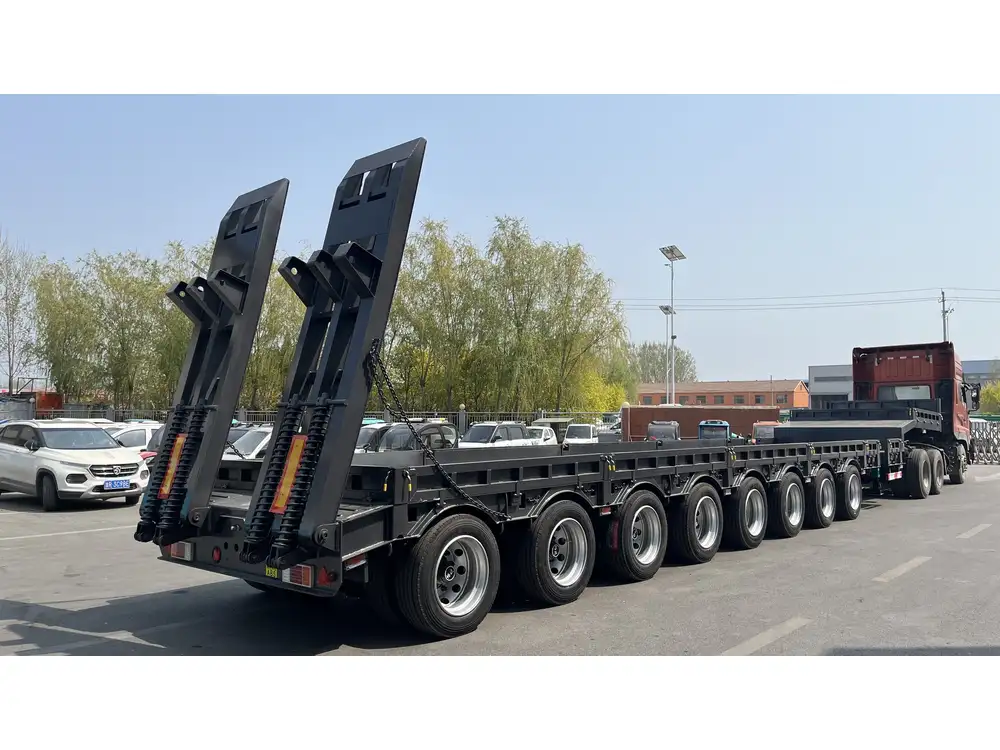
3. Water-Based Fluids
Though less common, water-based hydraulic fluids are sometimes used for specific applications due to their non-combustible nature.
| Pros | Cons |
|---|---|
| Non-flammable | Limited lubrication properties |
| Lower toxicity | Risk of corrosion in metal components |
| Favorable for some lifting applications | Requires special handling |
Choosing the Right Hydraulic Fluid for Your PJ Dump Trailer
When selecting hydraulic fluid for your PJ dump trailer, consider the following factors:
1. Operating Conditions
Evaluate the operating environment. If the trailer operates in extreme temperatures or conditions (e.g., high humidity), the hydraulic fluid must possess properties to perform effectively in those situations.
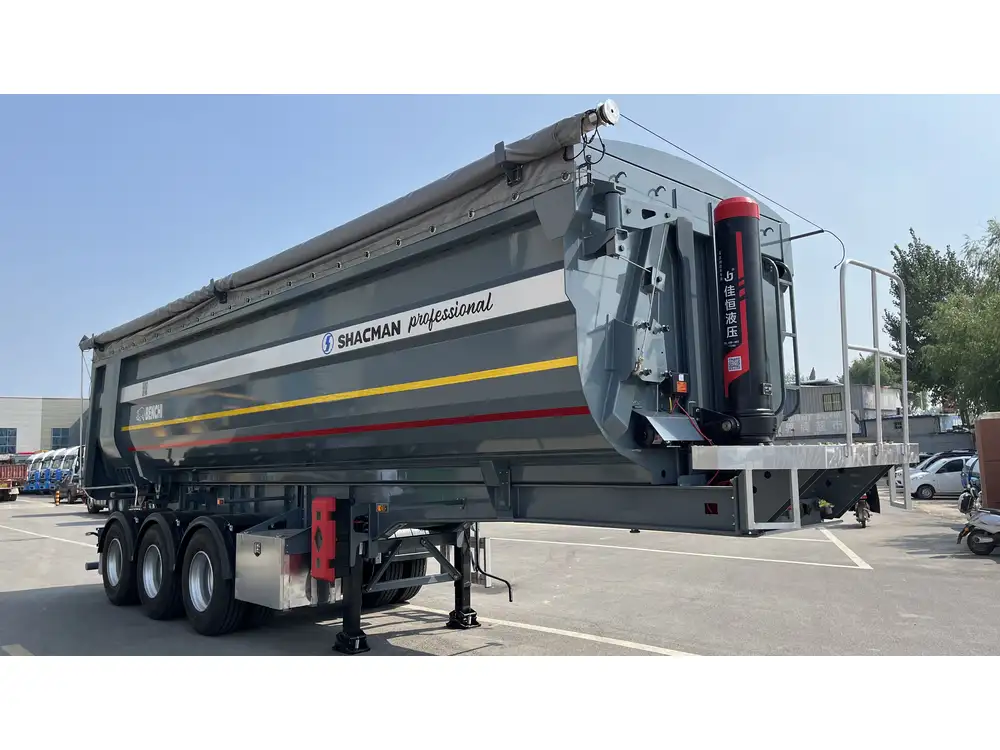
2. Load Requirements
Assess the weight and type of loads that your trailer will typically handle. Heavier loads may require more robust fluids to maintain performance.
3. Manufacturer Recommendations
Always refer to the PJ trailers’ user manual or contact the manufacturer for specific hydraulic fluid recommendations. PJ trailers often have guidelines detailing compatible fluid types. Ignoring these can void warranties and lead to system failures.
4. Compatibility with Existing Fluid
If you’re switching hydraulic fluids, ensure the new fluid is compatible with the existing one to prevent chemical reactions that can lead to clogs, corrosion, or decreased performance.
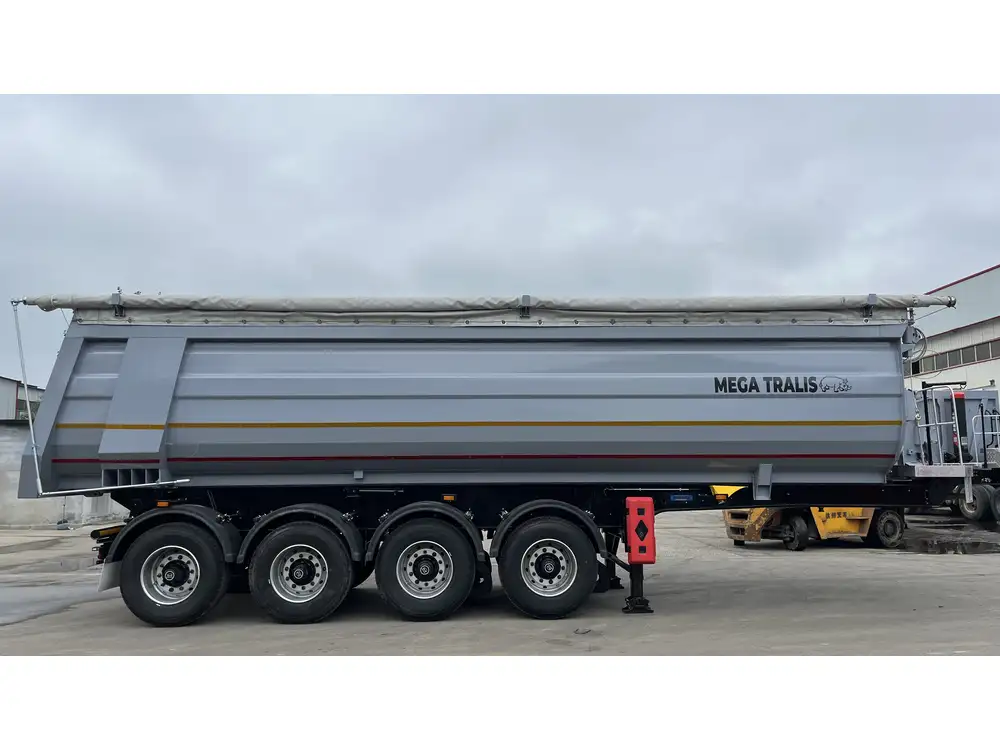
Maintenance Best Practices for Hydraulic Systems
To optimize the performance and longevity of the hydraulic system in your PJ dump trailer, adhere to the following maintenance tips:
1. Regular Fluid Checks
Regularly check the hydraulic fluid level and condition. Look for discoloration or particles, which may indicate contamination or degradation.
2. Change Fluid Periodically
Adhere to a maintenance schedule for fluid changes as recommended by PJ’s guidelines. Regular replacements ensure that the system remains lubricated, reducing wear and preventing malfunctions.
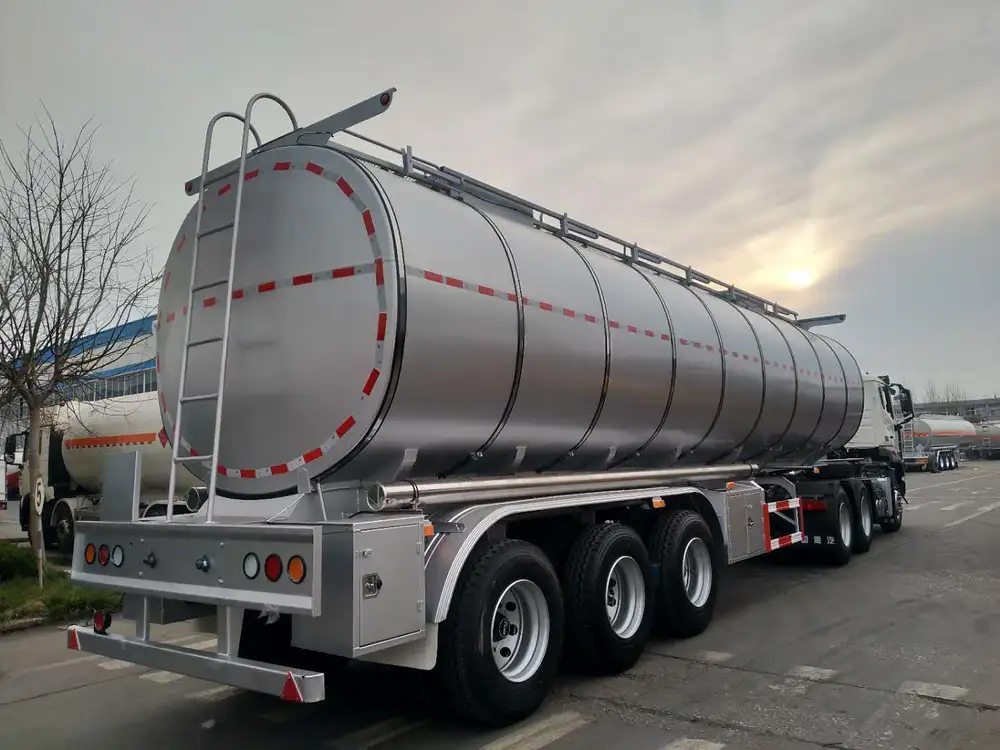
3. Inspect Hydraulic Hoses and Connections
Frequent inspections of hydraulic hoses for cracks and leaks are vital. Any sign of wear can compromise system efficiency and safety.
4. Clean Filters
Hydraulic systems typically include filters to trap contaminants. Cleaning or replacing these filters as part of routine maintenance helps in preserving the fluid’s integrity and overall system performance.
Conclusion
Selecting the right hydraulic fluid is paramount in ensuring the effective operation of your PJ dump trailer. Consider the various types of fluids available, the recommendations from the manufacturer, and the specific needs of your operating environment. By adhering to maintenance best practices, you can extend the life of your hydraulic system and ensure that your trailer performs optimally, safeguarding your investment and enhancing productivity.
For seamless operations, always prioritize quality above cost when it comes to hydraulic fluids and components. Investing in the right products may seem daunting at first, but this approach will pay dividends in efficiency and durability down the road.
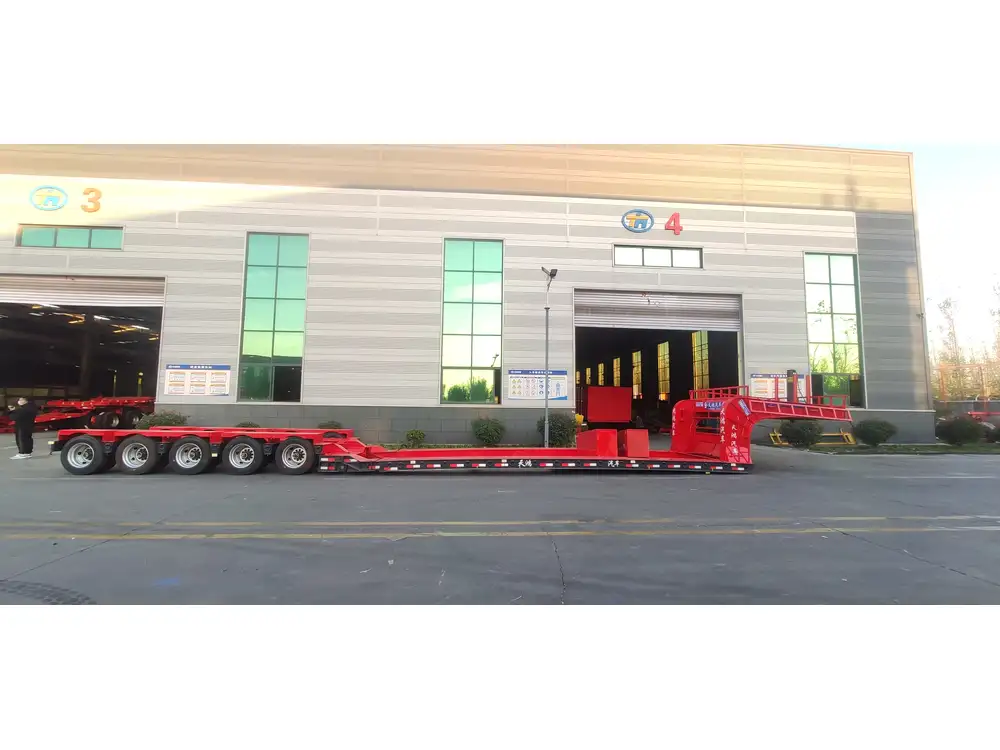
Frequently Asked Questions (FAQs)
1. Can I Use Automatic Transmission Fluid in My Dump Trailer?
It is generally advised against using automatic transmission fluid in hydraulic systems designed for dump trailers. Transmission fluids have different properties and additives that may not provide the required lubrication and hydraulic performance.
2. How Do I Know When to Change My Hydraulic Fluid?
Changing hydraulic fluid is typically recommended when it shows signs of discoloration, contains particles or debris, or after a specified number of operating hours as indicated in the manufacturer’s guidelines.
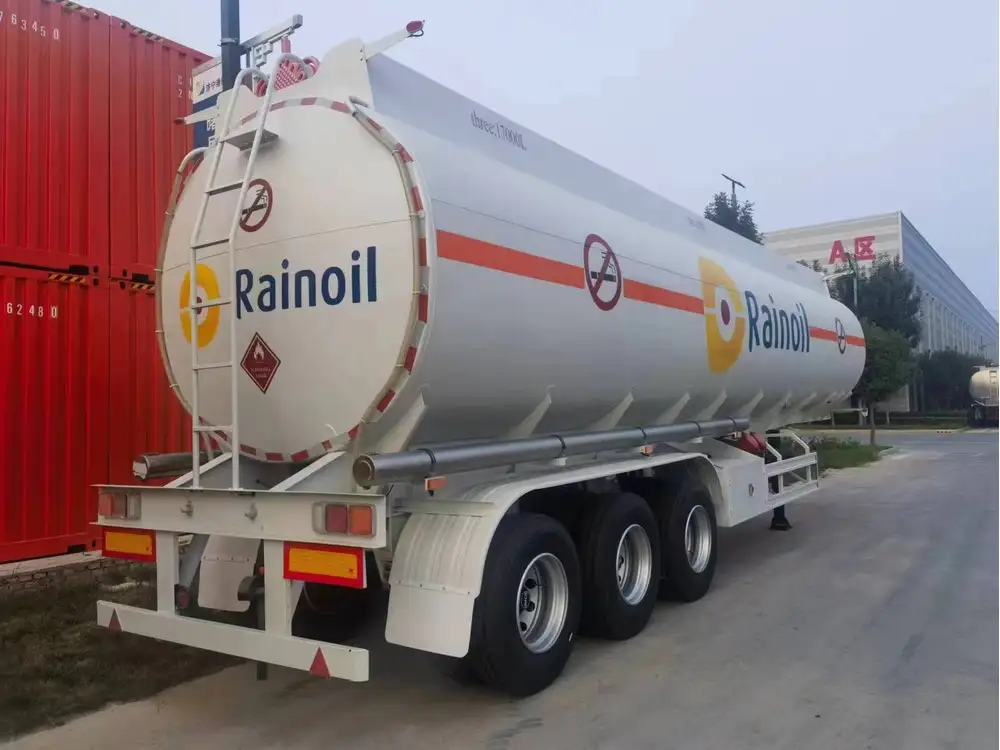
3. Is It Necessary to Use OEM Fluids?
While it is often encouraged to use fluids recommended by the manufacturer (OEM), quality hydraulic fluids from reputable brands can also provide satisfactory performance. Always check compatibility before making a switch.
4. What Should I Do If I Spilled Hydraulic Fluid?
In the event of a spill, follow local regulations for cleanup and disposal. It is crucial to contain the spill promptly and use absorbent materials to minimize environmental impact.
This comprehensive guide serves as a resource for those seeking to optimize the functionality and performance of their PJ dump trailers. Equip yourself with knowledge, ensure the use of appropriate fluids, and maintain the systems properly for unparalleled performance in your operations.



